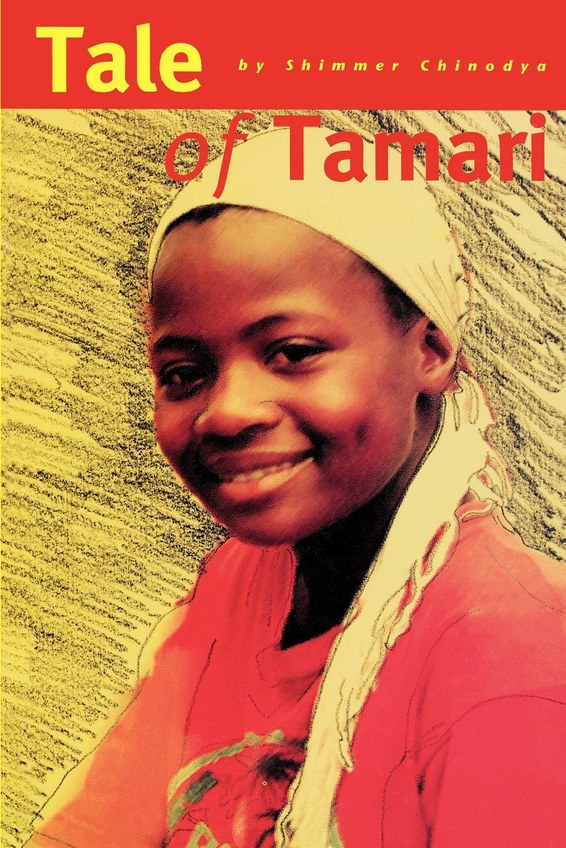Publisher: Weaver Press, Zimbabwe
Pages: 76
Year: 2003
Category: Children & Teens, Teen & Youth
Dimensions: 229 x 152 mm
Tamari is fourteen. Her parents have died and she lives with her brother, Kuda, in their home where the rooms have been let to lodgers. Her Uncle Banda supposedly keeps an eye on them, but is more concerned about how much money he can make from the tenants. The Tale of Tamari is not a sad or didactic story, but one which delights us with its freshness and its empathy, besides giving us a richly varied slice of life in Zimbabwe today as orphans make their way into a future.
£16.00
About the author
Shimmer
Chinodya was born in 1957 in Gweru, the second child in a large, happy
family. He studied English Literature and Education at the University of
Zimbabwe. After a spell teaching and with curriculum development, he
earned an MA in Creative Writing at the Iowa Writers’ Workshop (USA).
His first novel, Dew in the Morning, was published in 1982. This was
followed by Farai’s Girls (1984), Child of War (under the pen name B.
Chirasha, 1986), Harvest of Thorns (1989), Can We Talk and other
stories (1998), Tale of Tamari (2004), Chairman of Fools (2005), Strife
(2006), Tindo’s Quest (2011), Chioniso and other stories (2012) and
Harvest of Thorns Classic: A Play (2016). His work appears in numerous
anthologies. He has also written educational texts, training manuals,
radio and film scripts, including the script for the feature film,
Everyone’s Child. He has won many awards for his work, including the
Commonwealth Writers Prize (Africa Region) for Harvest of Thorns, a
Caine Prize shortlist for Can we Talk and the NOMA award for publishing
in Africa for Strife. He has won awards on many occasions from ZIWU,
ZBPA and NAMA. He has also received many fellowships abroad and from
1995 to 1997 was Distinguished Dana Professor in Creative Writing and
African Literature at the University of St Lawrence in upstate New York.
Review
“[This is] a subject that continues to fascinate our historical imagination and has great relevance to world and African history… among the distinct insights are the qualitative differences between Ghanaian domestic slavery and New World slavery and other slave systems, placing the study in a very significant comparative mode. The author succeeds in producing a text that is very good reading for undergraduates and all interested persons.”
Multicultural Review
